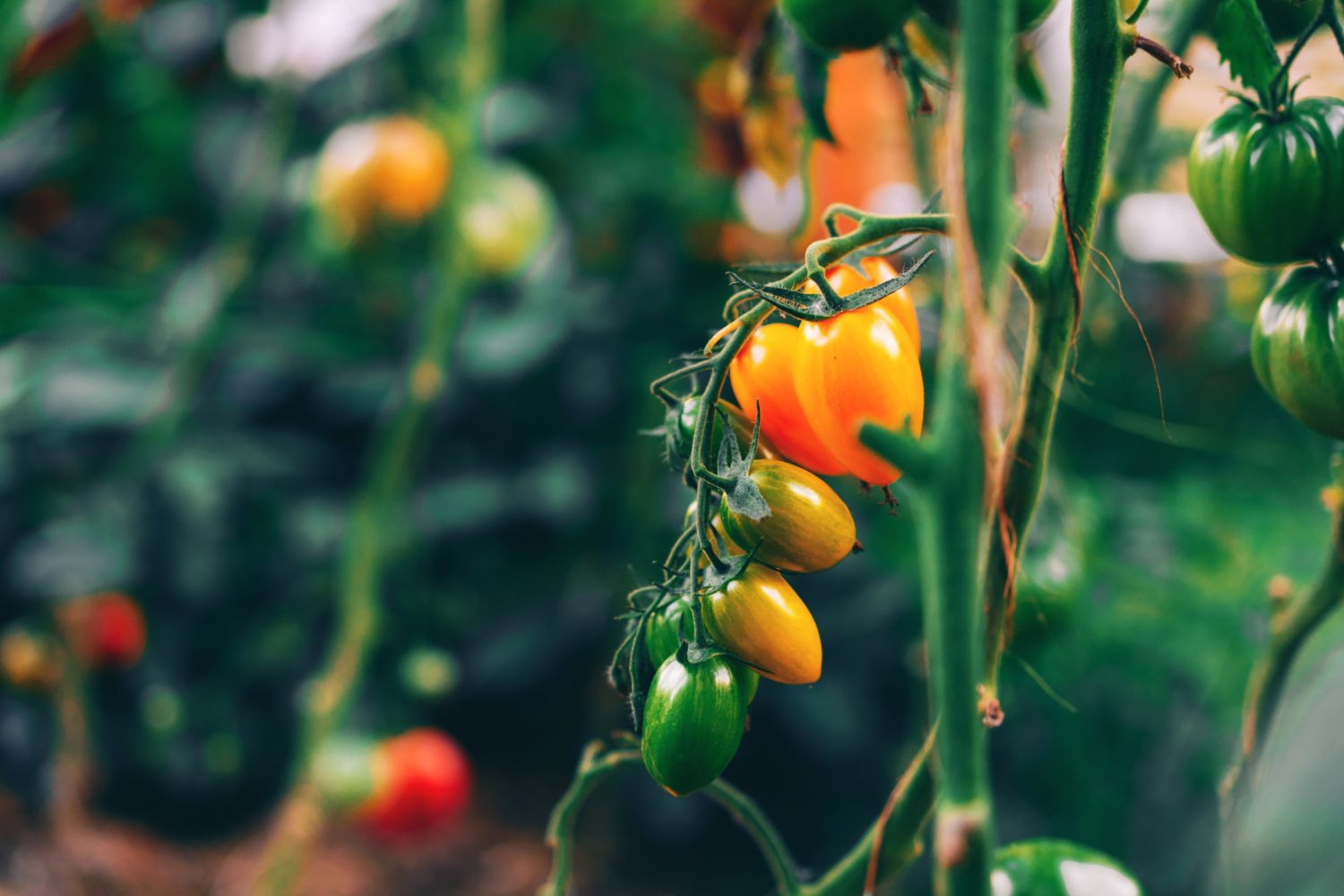Now Reading: These plants might actually be de-evolving
-
01
These plants might actually be de-evolving
These plants might actually be de-evolving

We know that the world and its various inhabitants, from plants to animals, are still evolving. In fact, some even believe that humans are actively evolving in different parts of the world right now. But a group of plants found in the Galápagos archipelago might be doing the opposite and de-evolving. Researchers argue that despite how controversial it might sound, tomatoes in the Galápagos actually seem to be going backwards, not forwards.
A controversial idea come to life
De-evolution, or reverse evolution, is a bit of a controversy among evolutionists, and for good reason. Evolution isn’t really meant to have a rewind button. Some organisms might re-acquire old traits that were once lost, but they usually do so through new genetic pathways. But these tomato plants appear to be doing something unexpected.
“It’s not something we usually expect,” Adam Jozwiak, a molecular biochemist at UC Riverside and lead author of the study, shared in a statement. “But here it is, happening in real time, on a volcanic island.”
The primary reason that the researchers believe these plants are de-evolving is because they appear to be reverting to a more primitive genetic state, complete with an ancient type of chemical defense. One of the key changes seen is alkaloids, a type of bitter molecule that usually acts as a built-in pesticide. These chemicals help to deter predators like insects, fungi, and even grazing animals.
Tech. Entertainment. Science. Your inbox.
Sign up for the most interesting tech & entertainment news out there.
Chemicals are the key
 Image source: Josh Hawley/Getty Images
Image source: Josh Hawley/Getty ImagesModern tomatoes and other plants all make use of alkaloids. But it’s not the presence of alkaloids that attracted scientists to these plants. Instead, it’s the fact that the tomatoes appear to be making the wrong alkaloids. Instead of creating the alkaloids that the researchers expected to see in a tomato, the de-evolving plants are churning out a version of alkaloids that have the same molecular fingerprint as eggplant relatives from millions of years ago.
What’s even more impressive is that this isn’t all the of the tomatoes found in the Galápagos. Instead, the plants that grow on the eastern islands appear to have the same molecular structure as modern tomatoes found elsewhere. However, those found on the western islands produce alkaloids that look more fitting for an ancient plant, suggesting they have de-evolved in some way.
This discovery pushed the researchers deeper, as they started looking for clues as to how this de-evolution had taken place. They discovered that it only took changes to four amino acids in a single enzyme to lead to the change seen in these plants. They further proved this discovery by synthesizing the same genes coding the new enzymes in the lab and then inserting them into tobacco plants, where they promptly began producing the old alkaloids. Their findings are published in Nature Communications.























